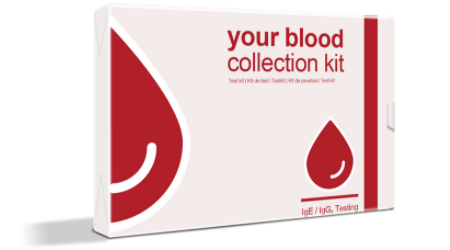Most people make New Year’s resolutions to change their health-related lives for the better. No matter what angle you’re taking it from, this is a fantastic way for you to enjoy your life a whole lot more and feel better while you’re doing it. A great help in giving you access to your New Years’ goals is going to be the IBS diet. Sure, a lot of people focus on more exercise and less bad food, but what about understanding normal food that’s actually, well, bad? It happens a lot more than you’d think, and the right diet can help.
What is the IBS diet?
An IBS diet gets its name from its focus on keeping a daily diet free of foods that flare up IBS (irritable bowel syndrome). Foods that are high in FODMAPs can create a flare in the digestive tract for those with IBS that will lead to a lot of painful and related symptoms. Understanding what foods are high or low in FODMAPs will help those with IBS avoid flare-ups of their condition and enjoy a better quality of life. However, adopting this way of eating can have a lot of benefits, even for those who don’t have IBS. And a lot of those benefits will focus on getting you to your goal.
Benefits of the IBS Diet
• Better gut health: Eating foods that are right in FODMAPs can have a lot of negative impacts on our guts even if we don’t have IBS. Anyone who suffers from poor digestion due to intolerances or sensitivities or even those who have IBS and don’t know it (which happens more than you’d think). Since foods with lower FODMAPs (such as meat, fish and fruits) are lower in carbs and easier to digest, your gut will feel better.
• Less diarrhea and constipation: When your body eats foods that are high in FODMAPS regularly, you’ll notice that you are dealing with either diarrhea or constipation (or even a switch back and forth between the two in some cases). Annoying and embarrassing, you can experience a let-up of these symptoms when following an IBS-approved diet.
• Less bloating and flatulence: Rich and high-carb foods are known to cause bloating as well as flatulence. Experience less of each with the right foods eliminated from your diet and added, respectively. This is great if you find that either one of these makes you physically uncomfortable as well.
• Feel better, live better: Most importantly, following an IBS diet is going to make you feel better. Whether you have an intolerance, a sensitivity, an allergy, IBS or just poor digestive health, eating gut-happy and healthy foods will make you feel better inside and out. Since poor gut health can also be connected to mental disorders such as depression and anxiety, it can make you feel better in a lot of different ways that will make a significant difference.
If you’re ready to take on the world and enjoy what it has to offer you, you’ll be able to do that much easier by following an IBS diet. You deserve to enjoy a year that is focused on transforming yourself into the best possible version of yourself, and a low FODMAP diet will be just the ticket to getting you there.


